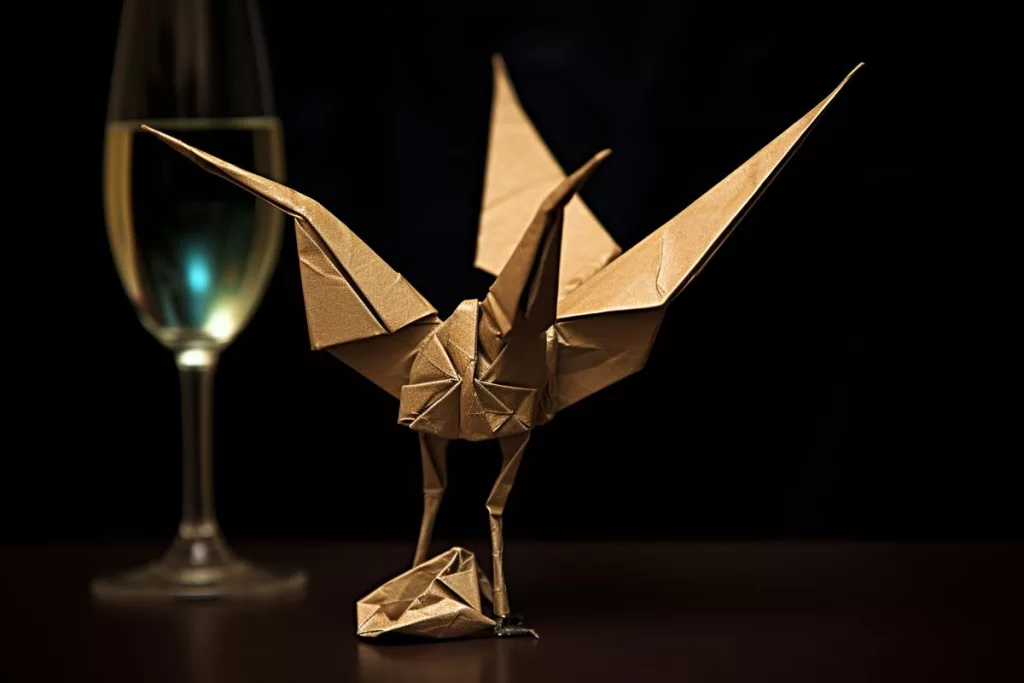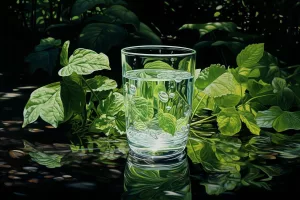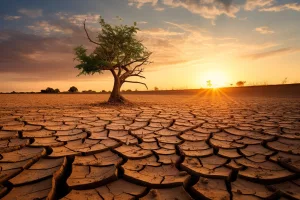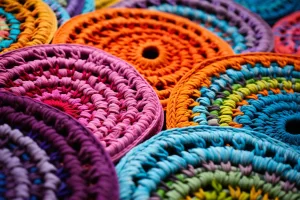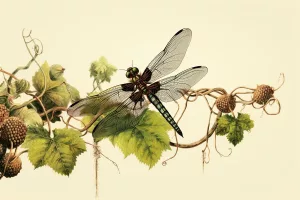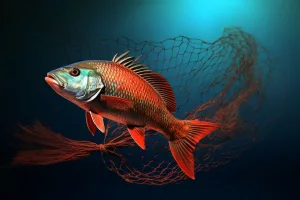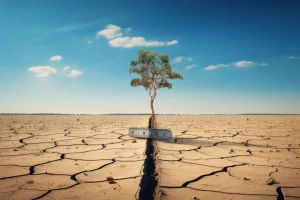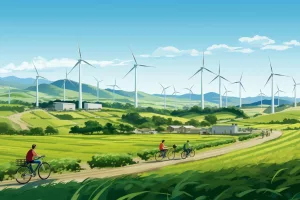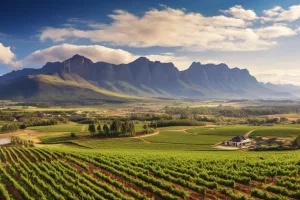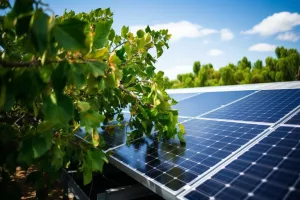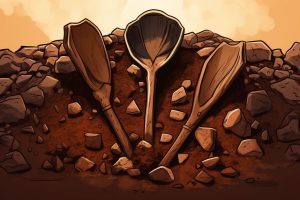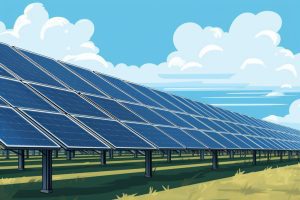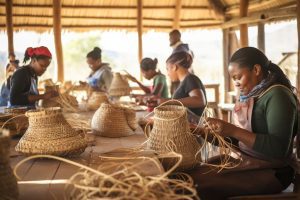Veuve Clicquot’s Boutique PopUp at V&A Waterfront provides a fleeting yet exclusive shopping experience. The boutique’s main attraction is the ICONS Collection, a range of personalized and sustainable offerings that reflect Veuve Clicquot’s commitment to superior design and sustainability. The collection includes collaborations with Smeg and Central Saint Martins College of Art and Design, providing unique and practical luxury items. The popup store is open from December 1st to 23rd, offering a oneofakind shopping experience that celebrates the fusion of aesthetics, functionality, and sustainability.
Kauai, a popular healthy food brand, recently celebrated the opening of its 200th store in South Africa. Their menu includes over 100 superfoods that can be customized to fit different dietary preferences, and they have a notable presence in countries around the world. Kauai’s success is a testament to the changing lifestyle preferences of South Africans, who are leaning towards healthier food options. The brand is also committed to sustainability and digital innovation to enhance customer experience.
Let’s celebrate this holiday season in a more thoughtful and ecoconscious way. Consider sustainable gifting options like reusable products or experiences that promote zero waste. Use recycled materials for ornaments and giftwrapping. Choose locallysourced, organic produce for your feast and support conservation organizations or participate in local cleanup drives. Let’s make this Christmas a meaningful and sustainable one, expressing our love for our planet and giving the most precious gift to future generations.
Cape Town is leading the world in water management with its innovative plan to increase potable water supply by 7% by 2040 through water recycling. The city brought together global leaders in water reuse to exchange knowledge and experiences, and the New Water Programme aims to enhance the daily water supply by 300 million litres from fresh sources by 2030. This groundbreaking strategy is a testament to the city’s dedication to sustainability and resilience, positioning it as a preeminent figure in global water preservation and recycling.
NES 2023 is a global forum hosted by the Department of Planning, Monitoring and Evaluation and Twende Mbele. It aims to address pressing issues like resource scarcity, social inequality, and environmental shifts by educating attendees and congregating experts in the evaluation field to devise solutions. The seminar’s objectives are to enhance the expertise and proficiency of evaluation professionals, disseminate best practices, and share professional experiences. The event offers a platform for the exchange of ideas, the genesis of fresh perspectives, and the opportunity to effect tangible change towards a sustainable and equitable future.
Simelane’s Umlazi Arts and Recycling is an inspiring tale of artistic entrepreneurship and sustainability. Simelane learned to crochet with his grandmother and decided to transform discarded plastic waste into colorful mats. His works gained popularity through social media, and he now faces the challenge of meeting the growing demand for his product. Simelane dreams of expanding his business and bringing innovative recycling concepts to life. His story highlights the potential of creative solutions to confront environmental and economic challenges and the power of art as a mechanism for social and environmental change.
Stellenzicht Winery in South Africa is committed to sustainability and preserving the farm’s ecosystem, while also respecting its ancient history. They produce wines that represent the authentic character of their terroir, with a focus on ecological balance and biological diversity. The farm also incorporates regenerative farming practices, including the use of cattle to naturally control weeds and manage grazing. Overall, Stellenzicht Winery is a harmonious blend of history, culture, and nature, expressed through their wines.
ABALOBI is a South African nonprofit initiative that empowers traditional fishers to participate in decisions regarding local marine resources and establishes a direct connection with local consumers and restaurants. Their mobile application allows consumers to trace the journey of their fish from the sea to their plates, enhancing transparency and trust. ABALOBI was recognized globally as a finalist in the Revive Our Oceans category for the 2023 Earthshot Prize for their contributions to protecting oceanic biodiversity and livelihoods.
South Africa has passed its firstever climate change legislation, aligning with international agreements and setting sectoral emission targets. The legislation requires every level of government to integrate their policies and strategies to address climate risks and establishes the Presidential Climate Commission to promote collaboration among stakeholders. The bill embodies the country’s ambition towards sustainable industrialization and inclusive collaboration, positioning itself as a frontrunner in the quest for a sustainable future.
Wine brands are leading the way in sustainability by implementing ecofriendly practices such as organic and biodynamic farming, water and energy efficiency, waste reduction, and fair labor practices. In addition, ethical wine production is gaining traction with Fairtrade certification and advocacy for wildlife conservation. These brands, including Mothercity Liquors, Lubanzi Wines, and Waterkloof Wines, are setting the standard for a more sustainable and socially responsible future in the industry.
Learn about Vergelegen Wine Estate, a trailblazing example of ecofriendly winemaking and biodiversity conservation in Somerset West, South Africa. With 1,900 hectares designated as a nature reserve and solar power facilities installed, Vergelegen serves as a model for sustainable practices in the wine tourism industry. Visitors can explore the estate’s environmental legacy on guided tours, spotting native cattle, bontebok, eland, and a rare subspecies of zebra, amidst indigenous fynbos and breathtaking landscapes. Vergelegen’s unwavering commitment to sustainability has earned it numerous awards and recognition as a leader in environmental restoration and management.
iKaya Primary School in South Africa is leading the way in energy sustainability by installing a photovoltaic system and energyefficient lights, which will save R30,000 on its annual electricity costs. The project is a collaboration between Stellenbosch University, the Western Cape Education Department, and other partners, and aims to provide IoT energy management and lighting efficiency retrofits at 75 nofee schools. The project has already helped several schools reduce their electricity expenses and iKaya Primary is among ten schools that have benefited. The project serves as an example of how educational institutions, government bodies, and private partners can work together to develop sustainable solutions.
Stellenzicht Wine Pod: A Harmonious Blend of History, Sustainability, and Winemaking
Surrounded by the magnificent fynbos fields, the Stellenzicht Wine Pod showcases the perfect fusion of history, sustainability, and remarkable winemaking. This unique ecotasting room, gracefully positioned on crow’s feet without concrete foundations, invites guests to immerse themselves in nature while minimizing their environmental footprint.
Protea Heights Academy (PHA) in Brackenfell, South Africa, is a leading example of environmental stewardship in the education sector. Since 2019, the school’s solar installation has prevented the emission of nearly 250 tonnes of carbon dioxide and generated over 200,000 kWh of clean energy. By installing an additional 144 solar panels, PHA is further boosting the school’s sustainable practices and reducing its reliance on carbonintensive energy sources.
In a world where products come and go, one South African innovation stands out as a beacon of ingenuity and ecological mindfulness. The IncredaPeg, established in 2017, is revolutionizing the way we perceive a fundamental household object the clothes peg.
Passionate craft enthusiasts and naturelovers will find a haven in the Earthskills Gathering, an annual festival that celebrates South Africa’s heritage crafts, outdoor skills, and lowimpact living. Taking place during the Heritage Day long weekend from 22 to 25 September at Twin Rivers near Greyton, Overberg, this unique event offers an enriching experience that delves into practical skills and cultural traditions specific to South Africa, with a focus on sustainability and African culture.

